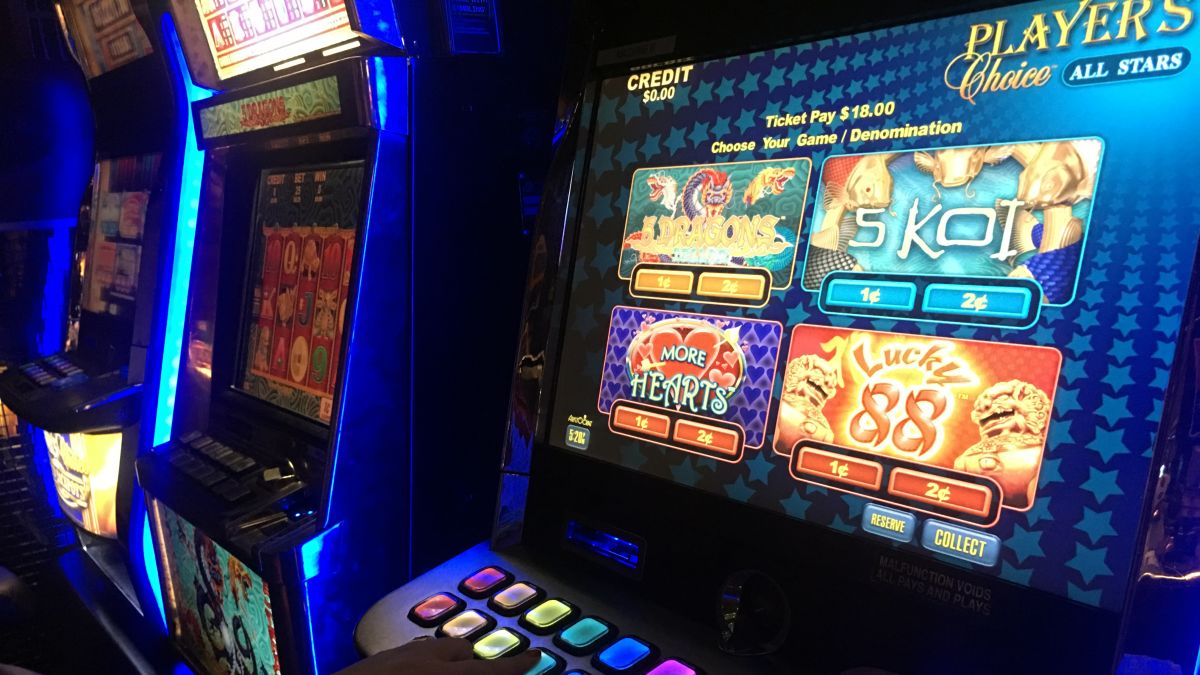Nsw Poker Machine Tax
There’s a lot of talk going around at the moment concerning the GST. Will it go up? Will it be expanded? Some of this talk has focused on poker machines… which is no surprise, given the way the GST is allocated, and the amount of money lost on gaming machines every year. But do you know the whole picture?
The 25 hotels made a total of $253 million in poker machine profit during 2016/17, according to NSW Greens MP Justin Field. The NSW government anticipates raising more than $100 million in tax. Australia's top court has delivered a tax blow to poker machine owners with a ruling that lawyers say will make them far less profitable for venue operators. GST when conducting gambling activities. If you conduct gambling activities, GST is payable on the margin between money received and money paid out for a gambling event.
Here are seven things you may not know about gaming machines and the GST.
Nsw Poker Machine Tax Collector

They’re already paying it
Gaming venues (clubs, pubs and casinos) have to pay GST on their gaming machine revenue, equivalent to 1/11 of the revenue total. Revenue is counted as money lost in gaming machines, minus money paid back to gamblers.
But they don’t really feel it
When the GST was introduced, taxation rates on gaming venues were reduced to cater for the imposition of the GST. So state and territory governments took less direct tax, and 9.09% of gaming machine revenue ended up in the GST bucket.
Some don’t feel it at all
In NSW, all clubs get a GST rebate on the first $200,000 of gaming machine revenue. So they pay it, and the NSW government reimburses them. This was supposed to assist small clubs with few gaming machines, that were tax-exempt before the introduction of the GST, but Clubs NSW managed to get it applied across the board to all clubs.
But it adds up
Gaming machines add more than $1 billion to the GST bucket every year.

Even when it doesn’t count
The relative wealth of each state and territory is taken into consideration when dividing up the annual GST spoils.
Nsw Gaming Machine Tax Act
But while state and territory governments make over $3 billion in gaming machine revenue each year, this isn’t counted when working out how to split up the GST bucket of money.
And as usual, Western Australia cops it
Because the relative wealth of every other government in the country is artificially reduced by ignoring their “invisible” gaming machine revenue, pokies-free Western Australia ends up with a smaller share of the GST pie than they would otherwise get. There have been repeated calls to overhaul the system, to ensure WA is not penalised for refusing to introduce gaming machines in clubs and pubs, but so far this has come to nothing.
And if the GST goes up?
If, as has been suggested, the GST is increased to 15%, the likely outcome for gaming machine venues is that state and territory taxes would again be reduced to compensate. This is because of the idea that no organisation, including gaming machine venues, should be worse off under the GST.
A reduction in state and territory taxes would mean less money in their budgets; this would be somewhat offset by the addition of an extra $500 million from gaming machine venues to the GST.
The likely effects of this scenario are:
• States and territories would legislate to allow more gaming machines to be installed in clubs and pubs. This would increase gaming machine revenue and offset the reduction caused by the increase in GST. Some states have already raised the issue.
• Western Australia would be under even more pressure from local industries to reverse its anti-gaming-machine stance. The bigger the GST bucket of money gets, and the more money the eastern half of the country makes from gaming machines, the more WA is disadvantaged by not joining in.
• A significant nation-wide increase in gaming machine numbers would lead directly to a massive increase in both the rate of gaming machine addiction, and the financial and social damage this causes. Help services would be stretched beyond capacity and would require substantial funding increases; this would lead many governments to rely more and more on private third-party services to provide the financial, emotional and therapeutic assistance necessitated by gaming machine addiction.